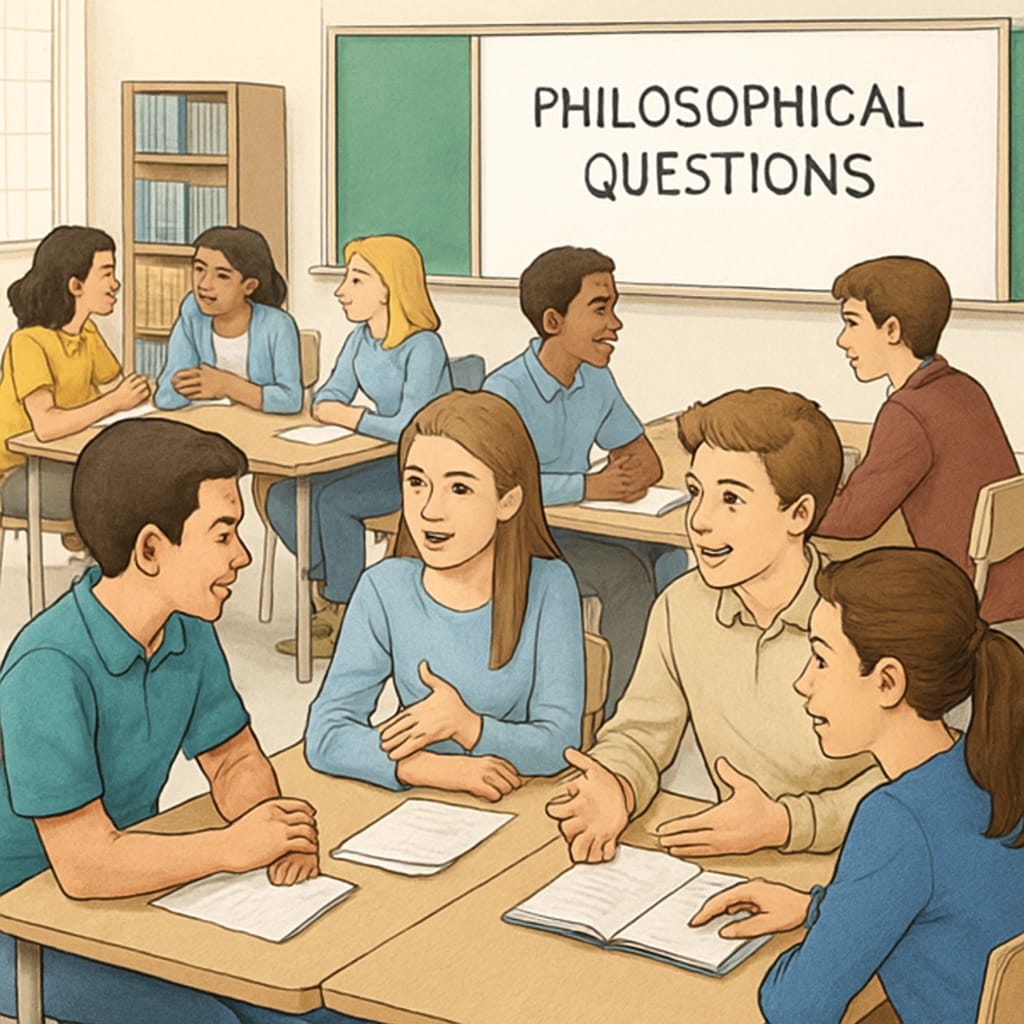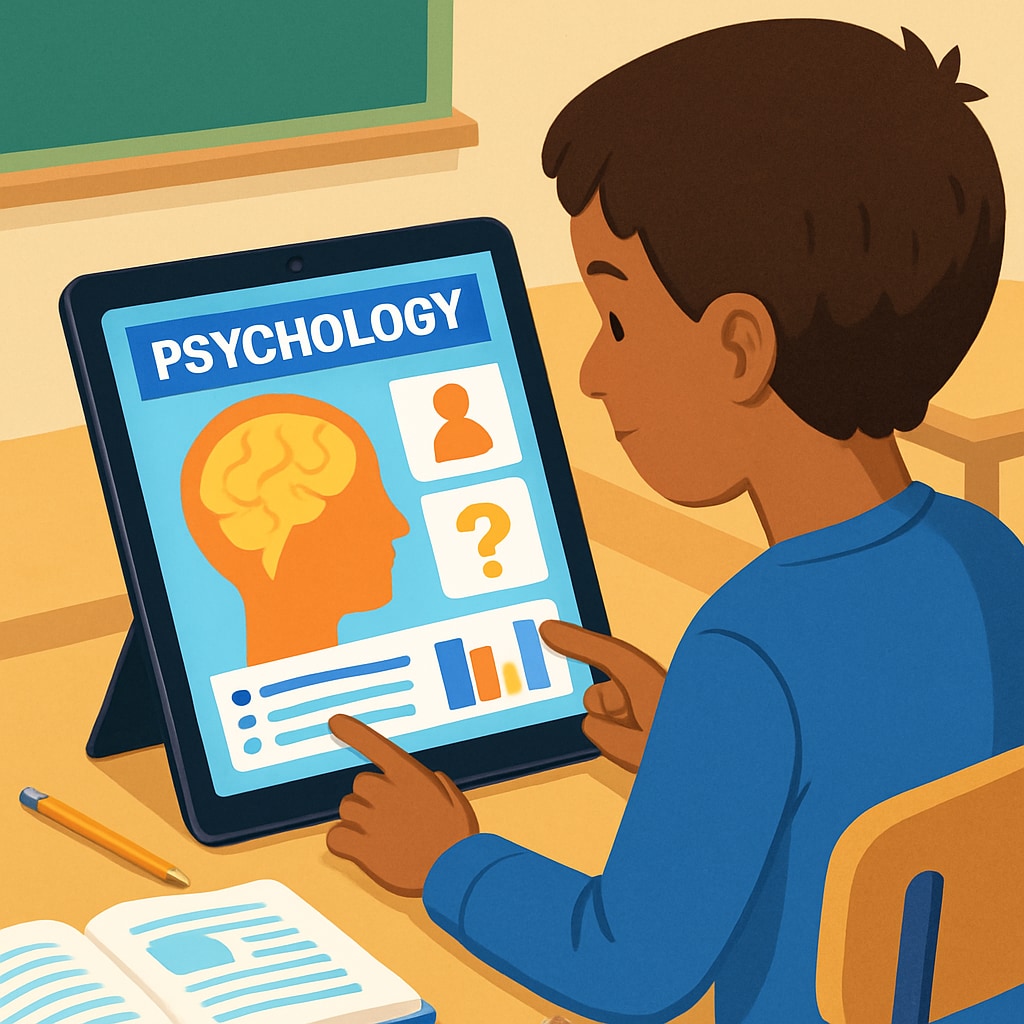Psychology and philosophy are essential fields that help individuals understand themselves and the world around them. Introducing these subjects to students in the K12 education stage can be transformative, providing them with tools for self-awareness, critical thinking, and ethical reasoning. The challenge, however, lies in finding suitable non-academic learning resources that align with younger students’ developmental stages. In this article, we explore ways to nurture young minds through accessible and engaging resources for psychology and philosophy.
The Importance of Early Exposure to Psychology and Philosophy
Psychology and philosophy enable students to ponder questions about human behavior, morality, and the nature of knowledge. By introducing these subjects early, educators can help students develop critical thinking skills and emotional intelligence. For example, psychology fosters self-awareness by helping students understand emotions and mental processes. Philosophy, on the other hand, encourages them to question assumptions and think deeply about ethical dilemmas.
In addition, early exposure to these subjects builds resilience and empathy in students. By understanding diverse perspectives and grappling with abstract concepts, students become better equipped to navigate the complexities of adolescence and adulthood. Research from the American Psychological Association (APA) supports the idea that early exposure to these disciplines positively impacts academic performance and social skills.

Non-Academic Resources for Learning Psychology and Philosophy
Finding age-appropriate resources for psychology and philosophy is key to making these subjects accessible. Here are some practical options:
- Books and Literature: Introduce students to simplified texts like “Sophie’s World” by Jostein Gaarder for philosophy or “The Emotional Life of Your Brain” by Richard Davidson for psychology. These books provide an engaging entry point into complex topics.
- Podcasts and Audiobooks: Platforms such as Spotify and Audible offer child-friendly podcasts like “Brains On!” for psychology or “Philosophy Bites” for bite-sized philosophical discussions.
- Interactive Apps: Tools like “Headspace” can introduce mindfulness and emotional regulation, while apps like “Philosophy Now” provide a visual and interactive way to explore philosophical ideas.
- Educational Videos: Channels like CrashCourse on YouTube offer comprehensive yet simplified series on these subjects, making learning fun and engaging.
By leveraging these resources, parents and educators can create a supportive environment where students feel inspired to explore these fields independently. For more ideas, Britannica provides an excellent overview of psychology’s principles.

Practical Tips for Educators and Parents
To effectively integrate psychology and philosophy into a K12 curriculum or home environment, consider the following strategies:
- Start Small: Begin with short activities or discussions. For example, ask students to reflect on a moral dilemma or describe how they feel in certain situations.
- Encourage Open Dialogue: Create a safe space where students can share their thoughts without judgment. This fosters confidence in expressing ideas.
- Incorporate Multimedia: Use videos, games, or art to make abstract concepts tangible. For instance, students can analyze characters’ motivations in movies or books.
- Connect to Daily Life: Relate lessons to students’ experiences. Discuss how philosophical concepts like fairness apply to their friendships or how understanding emotions impacts teamwork.
These techniques ensure that learning remains relevant and engaging, helping students internalize the principles of psychology and philosophy as they grow.
The Long-Term Benefits of Nurturing Curious Minds
Fostering an interest in psychology and philosophy equips students with lifelong skills. They learn to evaluate evidence, empathize with others, and question biases. These abilities not only enhance academic achievement but also prepare students to become thoughtful, ethical adults.
As a result, introducing these fields in the K12 phase is an investment in the next generation’s intellectual and emotional growth. With the right resources and support, students can embark on a journey of self-discovery and critical inquiry that will shape their futures positively.
In conclusion, psychology and philosophy provide invaluable tools for understanding oneself and the broader world. By utilizing non-academic resources, parents and educators can inspire students to think deeply and empathetically, laying the foundation for lifelong learning and personal growth.
Readability guidance: This article uses short paragraphs and lists to summarize key points, ensuring clarity. Transition words like “however,” “in addition,” and “for example” improve flow, while passive voice is minimized for active engagement.


